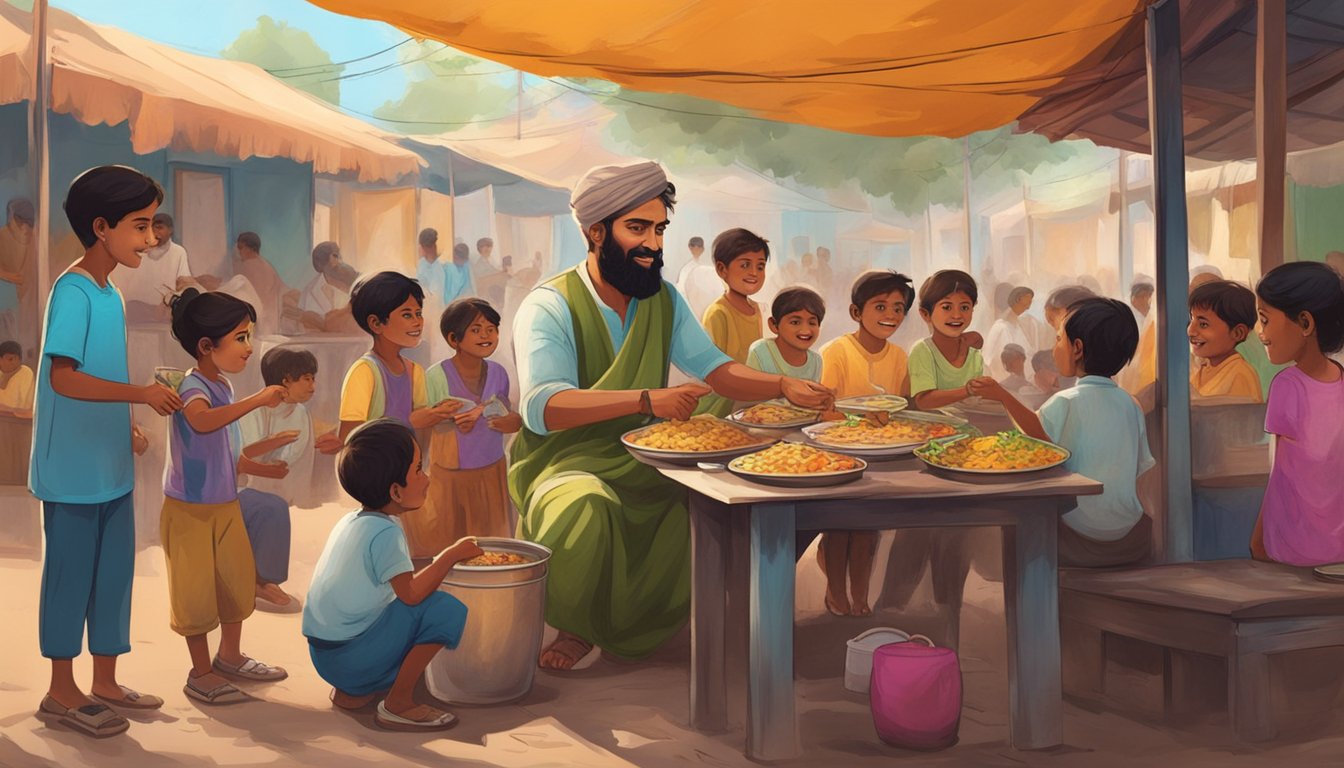Don’t Miss Out On This Unique Astrological Opportunity
Are you tired of spinning your wheels and getting nowhere? Simply put, you’re out of sync: you’re out of alignment with your astral configuration.
But: there’s a kind of map that can help you reclaim your alignment. Think of it as your own personal blueprint to success and happiness: a blueprint that will help you live your most amazing life.
Get started here.
He was affectionately known as the “angel with the bushy beard”—not a heavenly being akin to the delicate illustrations in the 1949 Book of Common Prayer I received for Christmas, but rather Major Dudley John Gardiner, a retired officer of the Indian Army.
After serving valiantly as a senior quartermaster during World War II, Dudley chose Calcutta as his permanent home.
Witness to Crisis
Having lived through the devastating Bengal famine of 1944, Dudley witnessed firsthand the dark side of British rule during the twilight of the Raj.
This tragic episode revealed how poorly equipped the empire was to meet the desperate needs of its people.
With Japanese forces threatening in Burma and Eastern India, Dudley initially refrained from criticizing the government’s wartime actions.
However, when the conflict drew to a close, he dedicated himself to combatting the severe malnutrition afflicting many survivors in what had once been the jewel of British India.
Philanthropic Mission
By the time I arrived in Calcutta in 1972, Dudley was already deeply involved in his philanthropic mission, serving meals to thousands each day.
My introduction to his work came courtesy of a departing brigadier from the Salvation Army, who managed local relief efforts.
Throughout my life, I have admired how the Salvation Army embraces all willing volunteers and offers help to anyone in need.
Although I was in my late twenties and may not have fully grasped this principle at the time, an undeniable urge drove me to witness Dudley’s efforts firsthand.
As I stepped into the bustling streets where Dudley operated, I was struck by the sheer scale of his commitment and the unwavering dedication of his team.
The sight of countless hungry individuals receiving nourishment reinforced an urgent call for compassion that I could not ignore.
In that moment, I realized that his mission was not just about food, but about restoring dignity and hope to those who had been forgotten.
A large storage facility was transformed under Dudley’s direction into an expansive soup kitchen, functioning with the support of the Salvation Army.
During my first visit, I encountered Dudley himself—a tall figure clad from head to toe in white.
His short-sleeved shirt revealed muscular arms as he stirred enormous cauldrons, while loose trousers struggled to conceal the swelling in his legs, a result of elephantiasis from a parasitic infection.
He wore a white forage cap and an apron marked with stains from his cooking endeavors.
Behind him, heaps of donated grains, lentils, and legumes awaited transformation into the warm, nutritious meals distributed at midday.
To ensure an orderly process, those seeking food had to present a ticket, an echo of Dudley’s meticulous quartermaster background.
As one Scottish corporal humorously remarked during a visit to British forces in Germany, “without a coupon, you won’t get your meal!”
A Lasting Legacy
Dudley’s identity as a British citizen was unmistakable.
Born in 1916 and baptized at St. Mary, the Virgin, in Twickenham, he held a deep-seated patriotism.
It’s notable that General Booth, the founder of the Salvation Army, had once been an Anglican priest.
Yet despite this connection, Dudley neither identified with the Salvation Army nor felt the need to label himself as such.
When I asked him if he missed England, he replied that he had no remaining ties there since all his family were in Calcutta.
However, he candidly shared a nostalgic longing for authentic English beer.
As luck would have it, the approaching Christmas allowed me to gift him a case of lager imported from Singapore, which he enjoyed without a care for the cans’ festive designs.
We later discovered that Dudley had received an MBE for his humanitarian work—a title he jokingly referred to as “my bloody effort.” I had the privilege of attending his investiture in Calcutta since he couldn’t make it to Buckingham Palace.
The High Commissioner from Delhi presented him with the honor at the soup kitchen, where Dudley stood proud in his white attire while Lady Walker pinned the medal to his chest, a moment that radiated dignity and respect.
Dudley passed away in 1981, shortly after publishing his memoir, aptly titled “Angel with Bushy Beard,” featuring his portrait on the cover.
Those familiar with his contributions in Calcutta would certainly appreciate the sentiment behind the title.
In terms of his legacy, Dudley epitomized compassion and service, akin to his contemporary, Mother Teresa.
If faced with today’s humanitarian challenges, one can imagine Dudley continuing his vital work, all the while ensuring an orderly process where those in need would be required to come prepared with their tickets.
Source: Christian Today



